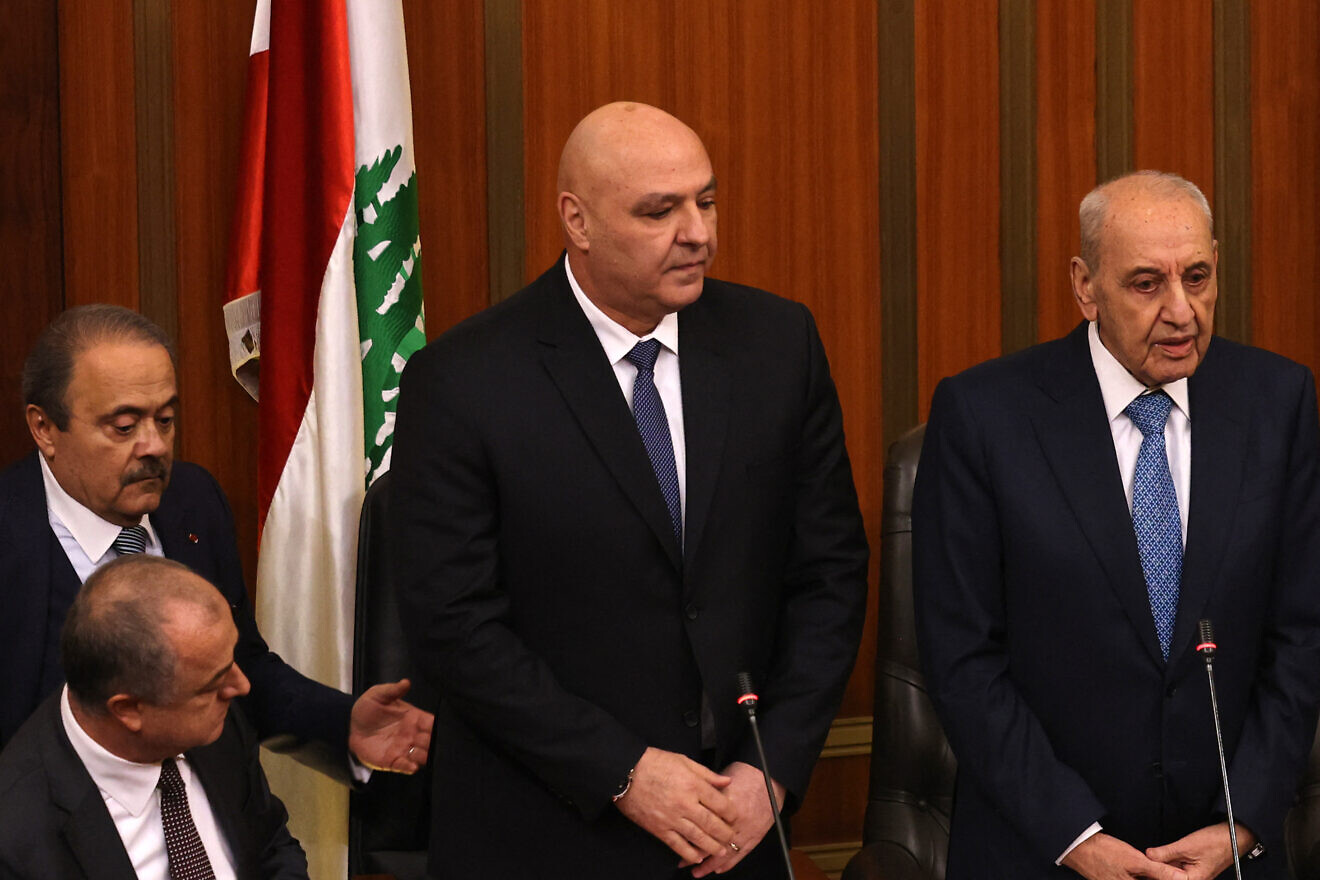Lebanon’s Parliament has elected the country’s army chief on Thursday, 9 January, Joseph Aoun, as president, ending a two-year power vacuum.
The election saw Aoun win with 99 votes in the second round of voting, after rival candidate Suleiman Frangieh, previously backed by Hezbollah, withdrew from the race.
Aoun’s candidacy was supported by key political parties and countries, including the United States, France, and Saudi Arabia.
The election comes six weeks after a ceasefire between Israel and Hezbollah, which left the militia significantly weakened.
The Lebanese army, under Aoun’s leadership since 2017, played a neutral role in the conflict and is now tasked with deploying troops in southern Lebanon to ensure Hezbollah’s disarmament under the ceasefire agreement.
In his inaugural address, Aoun, 60, pledged to prioritize Lebanon’s sovereignty, including ensuring that the state has exclusive rights to bear arms—a clear reference to Hezbollah’s armed presence.
He also vowed to address the destruction caused by the conflict, which the World Bank estimates will cost USD 8.5 billion (EGP 429.74 billion), and to pursue political and economic reforms amid Lebanon’s ongoing crises, including a severe economic depression and the aftermath of the 2020 Beirut port explosion.
The country has not had a fully functioning government since 2022, and the election is seen as a crucial step towards restoring governance.
The United Nations security council, France, and the United States welcomed Aoun’s election, calling for swift government formation to tackle Lebanon’s pressing challenges.
Egyptian President Abdel Fattah El-Sisi also congratulated Joseph Aoun on his election, expressing confidence in his leadership and affirming Egypt’s support for Lebanon’s stability and sovereignty.







Comments (0)